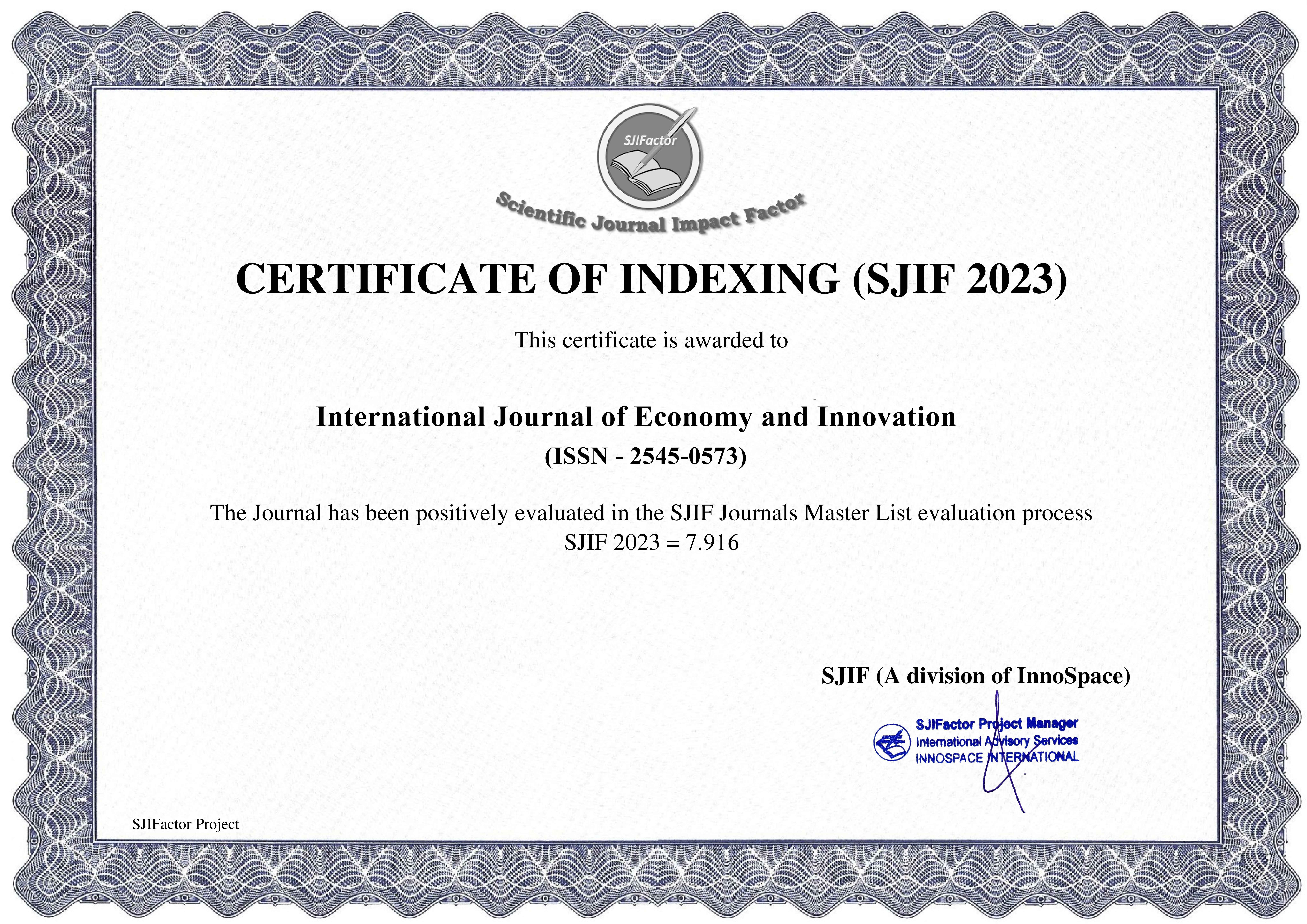DETERMINANTS OF OUTPUT PERFORMANCE AMONG COOPERATIVE FARMERS IN AWKA SOUTH LOCAL GOVERNMENT AREA, ANAMBRA STATE
Keywords:
Agricultural Output, Cooperative Farmers, Crop Yield, Farm Income, Technology Adoption, Econometric RegressionAbstract
This study examines the determinants of output performance among cooperative farmers in Awka South Local Government Area, Anambra State, with a focus on crop yield per hectare, farm income, access to agricultural inputs, and technology adoption as independent variables, while evaluating farmers' output as the dependent variable. The research addresses the concerning trend of declining food production in Nigeria, particularly in Anambra State, where the food supply increasingly fails to meet the demands of a growing population. Data were collected from 142 respondents and analyzed using descriptive statistics, including simple percentages and means, as well as multiple econometric regression techniques. The regression analysis reveals that improved crop yield per hectare (coefficient = 2.00, p < 0.001), higher farm income (coefficient = 0.75, p < 0.001), enhanced access to agricultural inputs (coefficient = 1.50, p < 0.002), and technology adoption (coefficient = 2.50, p < 0.007) all significantly contribute to increasing farmers' output. The model explains 81% of the variability in output, indicating a strong relationship between these variables and the overall productivity of cooperative farmers. Additionally, the findings underscore the importance of effective management practices and mechanization in boosting labor productivity, as well as the adoption of advanced technologies such as irrigation systems and digital platforms for enhancing agricultural productivity. Based on these insights, several recommendations are proposed to improve the output performance of cooperative farmers. These include implementing regular training programs on best practices in crop management and sustainable agriculture, enhancing access to financial resources such as low-interest loans and grants, and fostering collaboration between government and cooperatives to ensure the affordability and availability of essential agricultural inputs. Moreover, promoting mechanization and increasing awareness of modern technologies are essential for empowering farmers. Ultimately, these strategies aim to significantly strengthen agricultural output and ensure sustainability in the region, addressing the pressing challenges of food insecurity and enhancing the livelihoods of cooperative farmers in Anambra State.

















